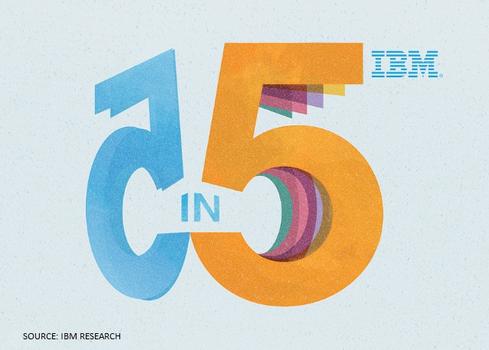
IBM Predicts Next 5 Life-Changing Tech Innovations
(click image for larger view)
The 2014 Olympic Winter Games in Sochi have broken all sorts of records: It's the most expensive ($51 billion), has the most events (98), and has the most nations in history competing (88). Twelve of the events are new. It is an enormous undertaking that takes far more than four years to pull off. Technology plays a huge role.
For example, according to ABC News, luxury watchmaker Omega "makes sensors for bobsleds that measure speed every meter along the dizzyingly fast course, along with acceleration rate and gravitational force."
Solution provider Atos is, for the seventh time, Worldwide IT Partner of the International Olympic Committee. According to its website, Atos is using 400 servers, 5,600 PCs, and 3,000 technologists to monitor the games. In addition, Atos has spent 100,000 hours testing the processes.
Many retailers are faced with networking different devices, and even small retailers often have a variety of machinery that must work together (POS, computers, tablets). Is determining how to best connect 10 retail stores in one state that different from connecting the different Olympic venues? I began to wonder whether solution providers could learn something practical from those involved in bringing the Sochi Olympics into our living rooms every night for two weeks.
Read the rest of this article on Solution Providers For Retail.
Engage with Oracle president Mark Hurd, Box founder Aaron Levie, UPMC CIO Dan Drawbaugh, GE Power CIO Jim Fowler, former Netflix cloud architect Adrian Cockcroft, and other leaders of the Digital Business movement at the InformationWeek Conference and Elite 100 Awards Ceremony, to be held in conjunction with Interop in Las Vegas, March 31 to April 1, 2014. See the full agenda here.









